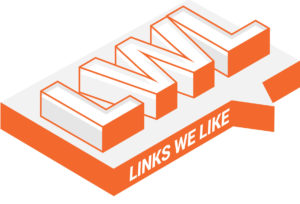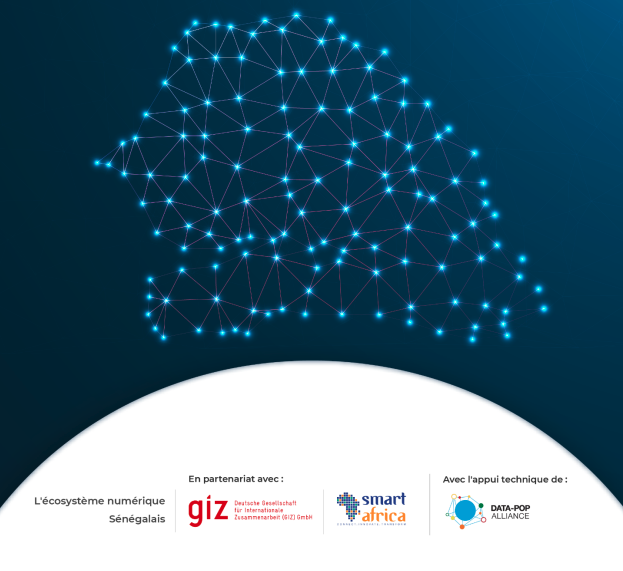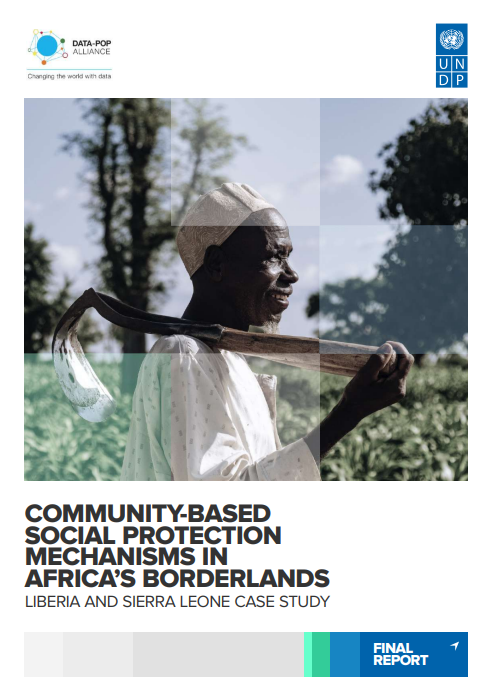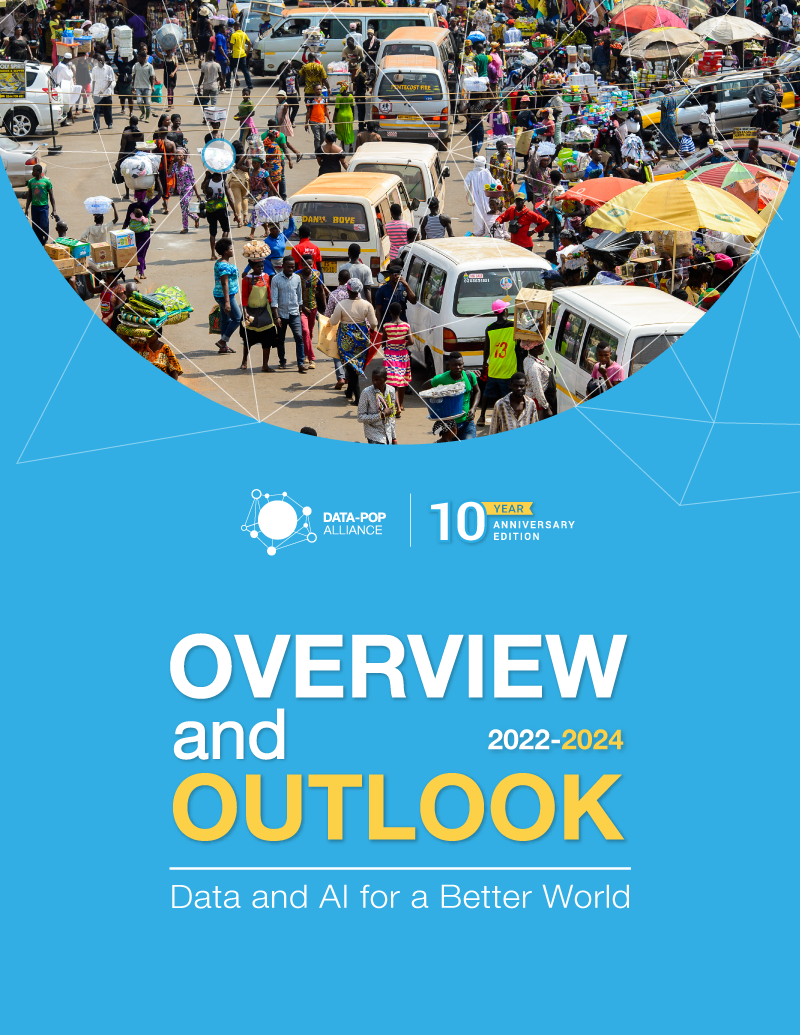LINKS WE LIKE #11

Politics and Governance
- Africa's Digital Revolution: A Look at the Technologies, Trends and People Driving It -Elise Kanza, World Economic Forum (@wef)
As the digital and technological revolution forges ahead, Africa and its booming population will undergo a cultural revolution--potentially opening cross-border trade, cultural cohesion, and continental integration. This cultural revolution and its many opportunities will be at the hands of Africa's people, specifically of the young minds and leaders across the continent.
- Data Science Ethical Framework -RT Hon Matt Hancock MP, Cabinet Office of the Government of the United Kingdom (@MattHancockMP)
This publication by the Minister for Cabinet Office is the first version of a framework to help increase innovation and responsible use of data by government practitioners. Bringing legal principles into the context of technology and data science, the document promotes the ethical use of data in policy and operational decision-making by the government.
Data Ethics and Literacy
- Artificial Intelligence Is Far From Matching Humans, Panel Says -John Markoff, New York Times (@markoff) (@nytimes)
At a recent event sponsored by the White House Office of Science and Technology Policy, technologist and legal specialists explored the legal, political, social, and economic implications of autonomous machine research. Although consensus was reached about the limitations of today's artificial intelligence, panelists warned that regulation and oversight may be needed in the future as technology continues to rapidly progress.
- New Publication: Using Geotagged Digital Social Data in Geographic Research -Mark Graham, Geonet (@geoplace) (@GeonetProject)
New research is exploring how digital social data may be useful in understanding relationships between varying subsets of geographical data, providing insights into larger questions about society such as user perceptions and experiences of their environments. The chapter also explores the limitations associated with user-generated and social media data sources for geographical research.
- Researchers Just Released Profile Data on 70,000 OkCupid Users Without Permission -Brian Resnick, Vox Science & Health (@B_resnick) (@voxdotcom)
OkCupid profile data including usernames, ages, gender, religion, and other answers to very personal questions has been released without proper consent. Although the information did not contain users' real names, the release of the dataset poses some ethical implications in informed consent and privacy, as the potential to determine the identity of users through analyzing the identifiable personal data remains a legitimate concern.
- Humanitarian Data Centre in the Netherlands Will Increase Data Use and Impact in Humanitarian Sector -UN Office for the Coordination of Humanitarian Affairs (OCHA) (@ochapolicy)
The UN Office for the Coordination of Humanitarian Affairs is establishing a global humanitarian data centre in the Netherlands to be opened in 2017. Due to the increase in data use in the humanitarian sector, OCHA is forming a collaborative network of partners from the UN, NGOs, private organizations, and academia to find new solutions to the challenges of using data effectively, yet ethically, in humanitarian efforts.
Events and News
- The World Humanitarian Summit: Winners and Losers -Heba Aly, IRIN News (@HebaJournalist) (@irinnews) (@WHSummit)
As the World Humanitarian Summit came to a close in Istanbul, the UN Secretary-General announced more than 1,500 commitments had emerged from the event. The article highlights some of the many take-aways from the Summit, ranging from the need to enhance locally-driven aid to more efficiently respond to conflicts. However, among the 8,000 attendees, progress on topics surrounding protecting civilians in war and UN reform had inherent challenges and roadblocks.
- Promoting a "People-Centered" Data Revolution at the World Humanitarian Summit--And Beyond - David Sangokoya and Emmanuel Letouzé, Data-Pop Alliance (@datapopalliance) (@WHSummit)
Data-Pop Alliance hosted 2 side events the World Humanitarian Summit this past week, both of which focused on the implications and applications of data and Big Data across the themes of WHS. The work of Data-Pop Alliance, both past and ongoing, align with some of the various themes of WHS, including: humanitarian effectiveness, reducing vulnerability and managing risk, transformation through innovation, and serving the needs of people in conflict.
Funder and Partner News
- Building Data Responsibility Into Humanitarian Action -United Nations Office for the Coordination of Humanitarian Affairs (OCHA), Harvard Humanitarian Initiative (HHI), NYU GovLab, and Leiden University Centre for Innovation (@ochapolicy) (@HHI) (@C4Innovation)
As the number of humanitarian organizations embracing data in their operations continues to rise, the need to recognize and understand the risks involved in data collection and use specific to the humanitarian context is paramount. this understanding will not only mitigate the potential harms of data use, but will also equip humanitarians with the capacity to use data responsibly across varying scenarios and operations.



